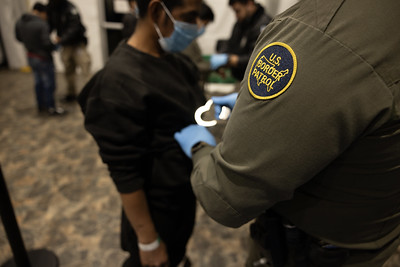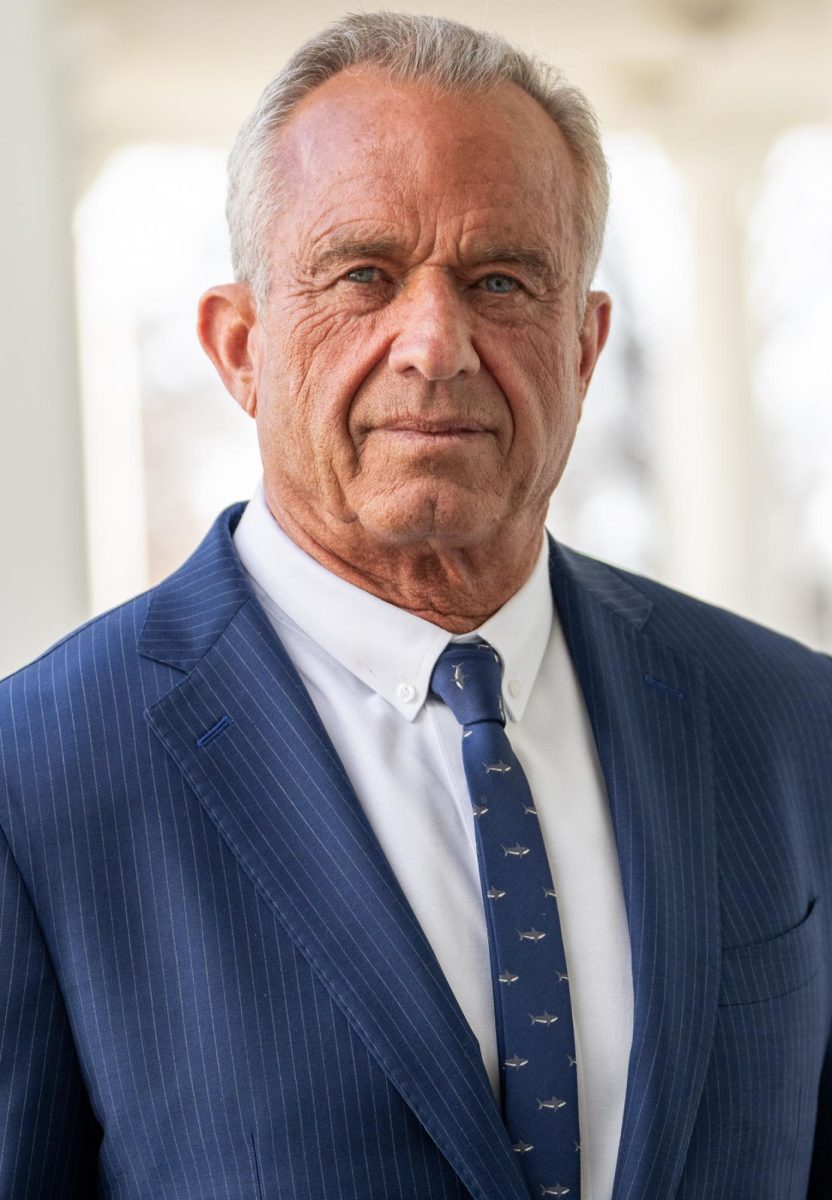When the recycling bins in my six-person apartment overflow with plastic cans and piles of paper, I can’t help but think back to the days when I didn’t pay attention or care about the small steps I can take to protect and improve the environment. I thought my sister – who loved to recycle – was an environmental freak. She dug through the trash at home when we were in middle school and criticized my parents for throwing away a plastic container or the tiniest piece of scrap paper.
“You just don’t get it,” she would say to us.
Because of my sister’s influence and public awareness about sustaiability, over the years I eventually learned the importance of “being green,” even if it means recycling the smallest items. Although I’m not a vegetarian and I don’t buy all organic food, skin and hair care products, it doesn’t mean I don’t recycle, try to live and act as sustainably as possible and care about the environment. Because I do. So do billions of other people around the world who will celebrate the 41st Earth Day next week on April 22.
Each year, Earth Day inspires individuals and organizations to demonstrate their commitment to environmental protection and sustainability, according to the Earth Day Network’s website. The first Earth Day in 1970 was intended to inspire awareness and appreciation for the environment. And it did just that.
The then-Wisconsin Senator Gaylord Nelson took a lead role in 1970 to organize the first Earth Day, or environmental teach-in, with a focus on the United States by responding to widespread environmental degradation. Denis Hayes, an environmental activist, took Earth Day international in 1990 when he organized events in 141 countries. Now, more than 175 countries celebrate Earth Day, which is internationally coordinated by the Earth Day Network.
In the years leading to the first Earth Day on April 22, 1970, many Americans were concerned about what they saw as unchecked air and water pollution, and the destruction of forests and other ecosystems. Rivers were catching on fire, lakes were dying and the bald eagle was on the verge of extinction. On April 22, 1970, one in every 10 Americans took part in rallies, concerts, educational programs and cleanup projects to raise awareness for this set of issues.
“There were a lot of things happening at the time that really influenced me and other people of my generation,” said Carol Rosskam, sustainability program manager at Northeastern, in an interview last week. “Activism was a really big part of [my life] when I grew up, so I think [Earth Day events] are important. It’s a reminder, and it’s a good chance to learn something new, and to bring everything together and have a little fun.”
The public outcry in 1970 led to political action: Congress passed the Clean Air Act, Clean Water Act and the Endangered Species Act, and created the U.S. Environmental Protection Agency. Forty-one years later, the annual observance is a global event with more than one billion people taking part in a multitude of events to encourage people to care about the planet. There has been a surge in environmental activism, and I think our generation plays a major role. At least one dozen student groups and university offices will host Northeastern’s Earth Day event next Thursday. Students can celebrate their dedication to the environment and the end of the semester by attending the Spring Fling event on the International Village lawn between noon and 4 p.m.
“The importance is to use [the event] as an educational opportunity to acknowledge Earth Day 41,” Rosskam said. “It gives us another chance to get people together on campus and look at different educational information opportunities, and also to have fun and celebrate the end of the term.”
At the zero-waste event, which is sponsored by the Department of Housing & Residential Life, Office of Sustainability & Energy Management and Office of Student Affairs, attendees can participate in games, a barbecue, giveaways of energy-efficient devices and a dunk tank. Student groups and university departments focused on sustainability and environmental activism will host information tables. In addition, Melodeego, a Boston-based band that combines their passions for music and an end to human and earth injustices, will perform during the afternoon.
“We still need to keep growing the level of discussion and engagement,” Rosskam said. “We need to do what we can in our spheres and influences of life to try to facilitate positive change because who else is going to do it? We still have a long way to go.”
– Michele Richinick can be reached at [email protected]









